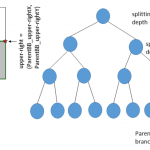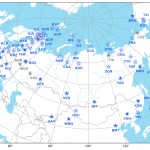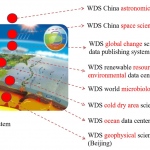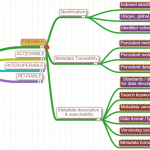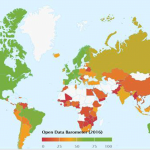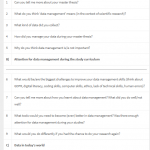Digital Preservation Awards season is upon us!  Celebrating excellence in maintaining our digital legacy, the Digital Preservation Awards take place every two years and I’m delighted to be one of this year’s judges[1].
Celebrating excellence in maintaining our digital legacy, the Digital Preservation Awards take place every two years and I’m delighted to be one of this year’s judges[1].
Digital preservation is a compelling research area as well as the technological bedrock of data infrastructure, and as such the resources and community of the Digital Preservation Coalition are invaluable resources for my work here at CODATA.
How does digital preservation connect to research data? Preservation, including appraisal, selection and storage decision-making, is fundamental in any effort towards making and keeping digital research data findable, comprehensible and reusable.
Judging is a fantastic way to get better informed on the global digital preservation community – it’s a chance to wade through a large stack of interesting, innovative and sometimes surprising ideas showing the range and diversity of recent activity in digital preservation. Projects include technical development, community building and skills development activities, all of which are necessary for digital preservation to happen. Each nominated project must be formally supported by a senior colleague – a useful way to ensure that each organisation is aware of the innovative work being developed by their staff.
How do we handle such a range of different types of work? Nominations are sorted into six broad categories, with a prize going to the winner of each category. This year, categories are:
– Communication and Collaboration
– Research and Innovation
– Teaching and Communication
– Commerce, Industry and The Third Sector
– Best Student Work
– Safeguarding the Digital Legacy
Each category is assessed on ten separate criteria and we are looking for things like usability, community engagement, value for money, transparency and ethical design, plus that elusive sparkle and verve in the projects that we review. The shortlist we have decided upon will soon be open to voting by DPC members. Our next step will then be to interview finalists and delve deeper into each project. The winner of each category will be announced on World Digital Preservation Day[2], 5th of November 2020.
To find out more about the work of the Digital Preservation Coalition – and the Digital Preservation Awards – please visit https://www.dpconline.org, or follow @dpc_chat on Twitter.
Laura Molloy
CODATA Senior Research Lead
Tw: @LM_HATII
[1] https://www.dpconline.org/events/digital-preservation-awards/judges
[2] https://www.dpconline.org/events/world-digital-preservation-day










